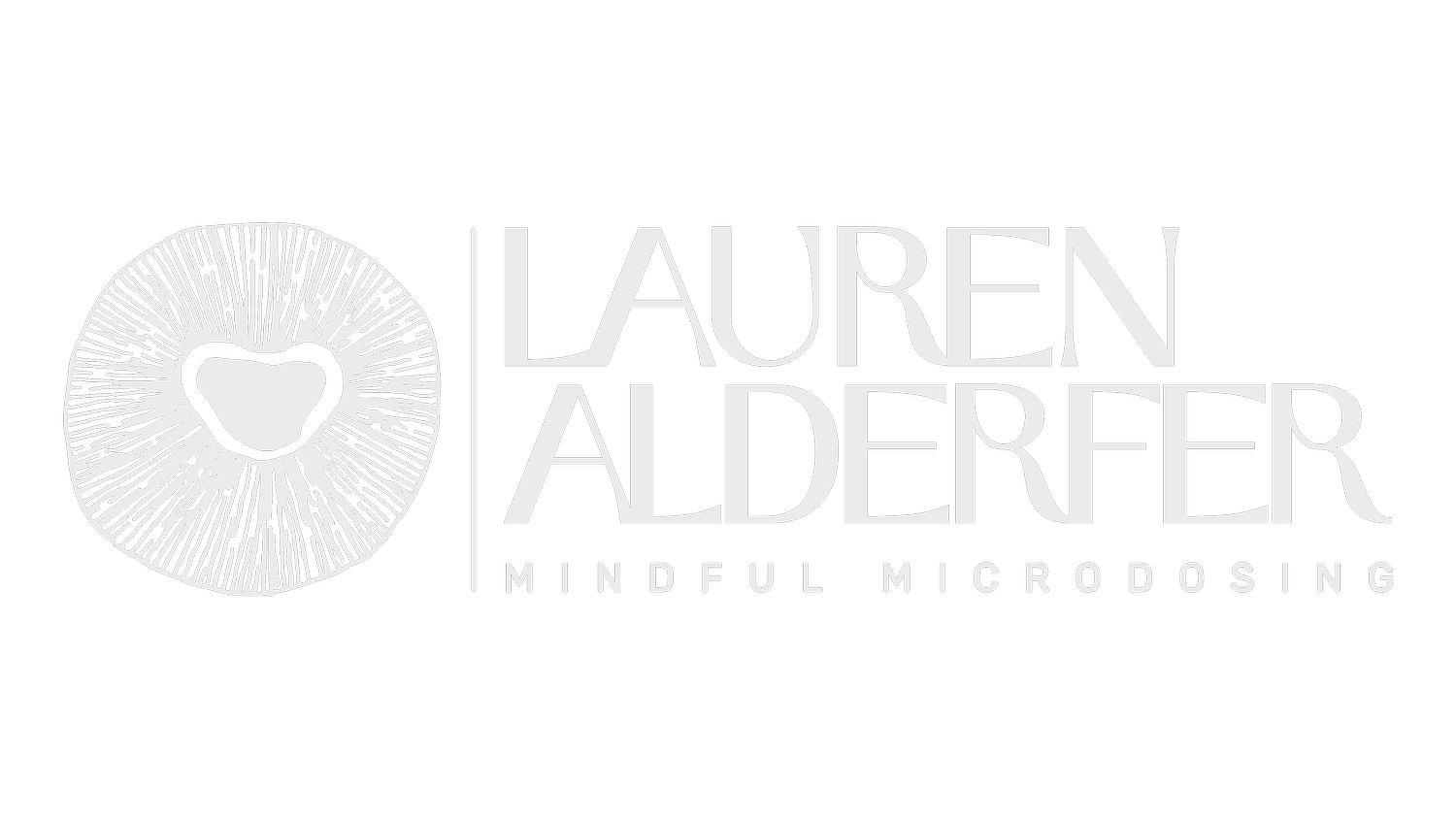A Mindful Approach to Dementia & Psychedelics: Our Shared Journey Series - Stigma, Legality, and Changing Understanding About Psychedelics
Most of the people I am meeting have not been reading or learning about this tsunami of information flooding newspapers, social media, scientific journals, and government studies. Modern knowledge and scientific proof aside, indigenous wisdom has long understood the power of plant medicine and other entheogens. That is why it comes as no surprise that there has been an unbroken tradition of its use. In Mexico, these traditions and ceremonies, led by indigenous healers, are protected by law. Outside of these wisdom traditions, they are not—at least for now.
The same general principle is in place throughout the rest of North America—at least for now. But laws and legislation are quickly changing. British Columbia has decriminalized the use of psilocybin, with Ontario moving in the same direction. In special circumstances, there may be legal access through Health Canada.
In the United States, besides legal access in Oregon and Colorado under specific conditions, there has been a flurry of legislation moving forward. Just in the last few weeks, there have been government efforts in over five states—from the East Coast of New Hampshire to West Coast of Washington. Why? Mostly because our mental health is in crisis.
In the last fifty years, dismal progress has been made to treat a wide variety of rising symptoms. Current research and ongoing studies on the use of psilocybin, 5-MeO-DMT, ibogaine—to name just three examples of entheogens—are now being considered for legal and medical use. Different substances are showing great promise for treating depression (including drug-resistant depression), anxiety, alcohol use disorder, and opioid addiction, as well as other conditions.
Today, I am especially excited to read about this week’s events in The Microdose, a newsletter from UC Berkeley Center for the Science of Psychedelics. The news highlights the changing landscape of understanding psychedelics, supporting their beneficial use for those suffering, and the legislation that will help make that happen. The newsletter describes some of the specific legislation, includes two medical studies, and features the recent CBS 60 Minutes exposé by Anderson Cooper, who followed nine veterans seeking help through the Heroic Hearts Project. This organization was founded by Jesse Gould, a former Army Ranger, after he himself had a pivotal, positive experience with ayahuasca in Peru. The Heroic Hearts Project has helped hundreds of veterans overcome their suffering from PTSD. To gain legal access, they need to travel outside the U.S. At their week-long retreat in Mexico, they are given psilocybin and 5-MeO-DMT.
We can do better for our veterans. We can do better for our friends, neighbors, and communities where addiction overtakes lives. We can do better for our young people and throughout their lives when treatment-resistant depression overshadows hope and joy. We can do better for our caregivers carrying the (over)load, usually in isolation.
I did not intend to be part of any kind of plant medicine, entheogen, or psychedelic narrative. Yet, my own life experiences led me to this new understanding of psychedelics. I am proud to be an unlikely advocate. A mindful approach plays a huge role in supporting a deeply respectful understanding of its empowering, healing potential.
- Lauren Alderfer, PhD.

